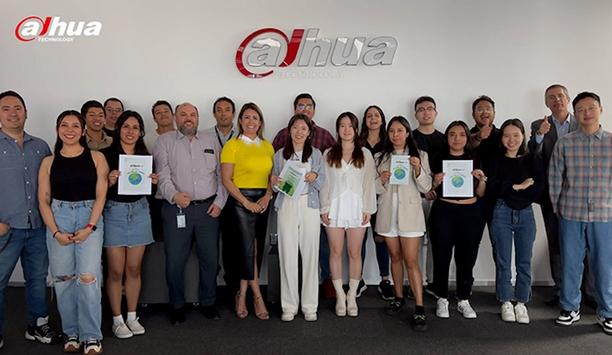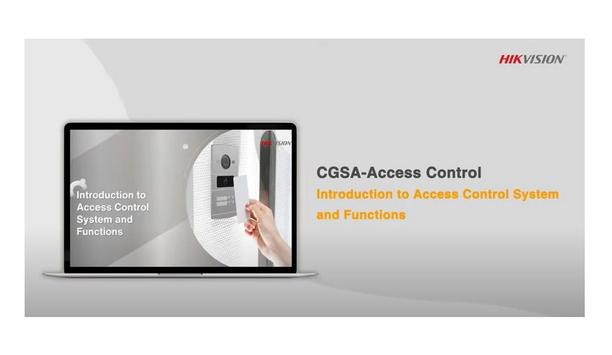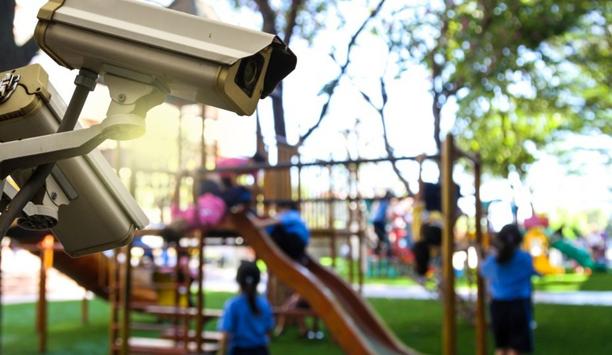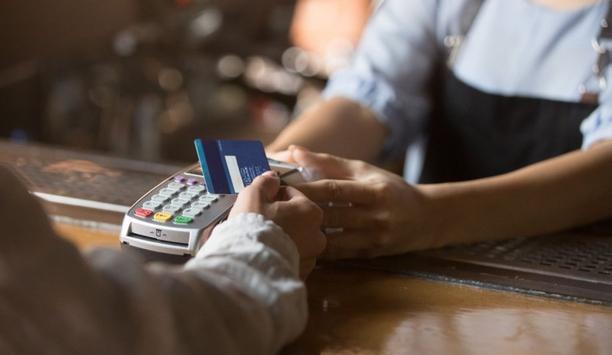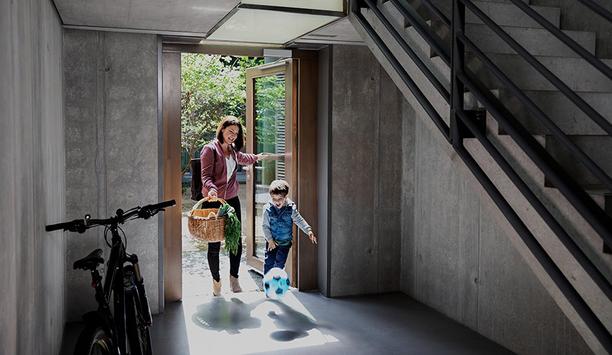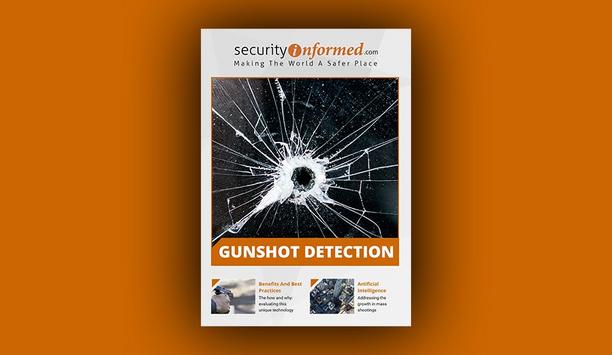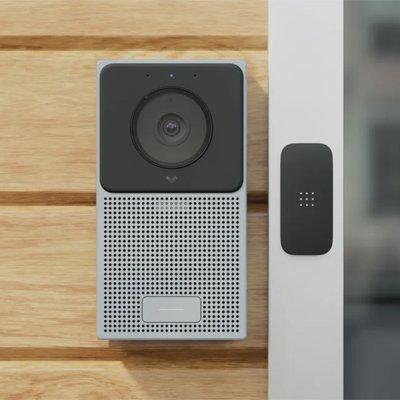 |
| BSIA's tireless lobbying resulted in the Private Security Industry Act of 2001 |
"Many people will be shocked to discover that the same licensing law that applies to contracted-out security guards does not apply to those directly employed by a business or retailer to carry out security services on their premises. These staff are normally referred to as in-house security personnel," says Bill Muskin, Chairman of the BSIA's Security Guarding Section.
The BSIA lobbied tirelessly for the introduction of licensing to the private security industry, resulting in the Private Security Industry Act of 2001 and the creation of the Security Industry Authority (SIA), which currently issues licenses across the sector. However, the failure of the Act to include in-house personnel consequently leaves the public more vulnerable and exposed to risk.
With the Home Office recently announcing its intention to abolish the SIA, to be followed by a "phased transition to a new regulatory regime", the BSIA believes that now could be the right time to revisit the issue of in-house licensing.
Bill continues: "Many high-street stores operate their own in-house guards, and it is the BSIA's view that the public deserves to feel safe in the knowledge that the people protecting them in busy public places - such as shopping centres - have been subjected to rigorous background checks, are highly trained and operate to the highest standards of quality."
The lack of licensing requirements for in-house personnel creates a distortion in the market, and the BSIA is concerned that individuals who do not meet the criteria for a licence may automatically turn to an in-house role, resulting in the in-house sector potentially being populated by personnel who do not meet the strict criteria of the rest of the licensed industry. This is also a genuine concern for the infiltration of terrorists trying to enter this industry sector.
"Licensing has done a great job of professionalising the private security industry over the last ten years," adds Bill Muskin. "Negative consumer perceptions of security officers are only compounded by such an imbalance."
